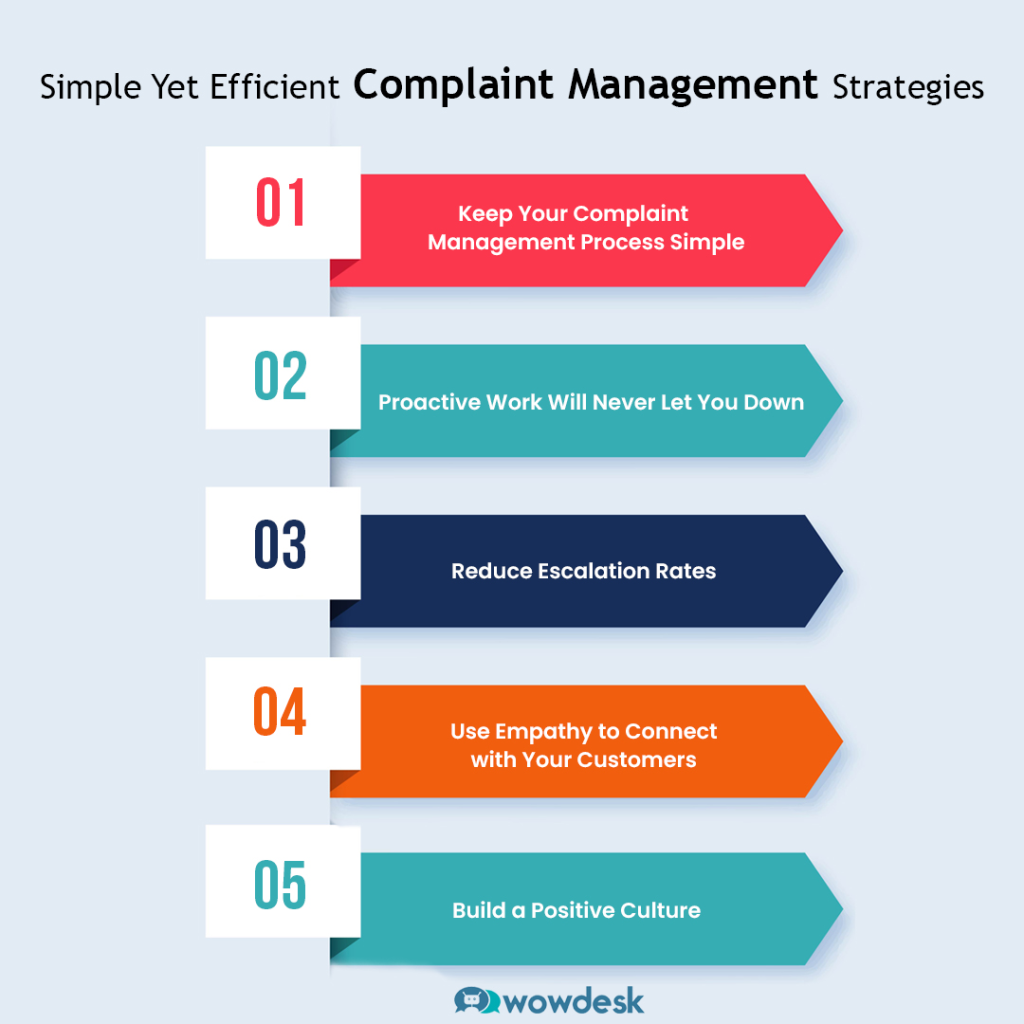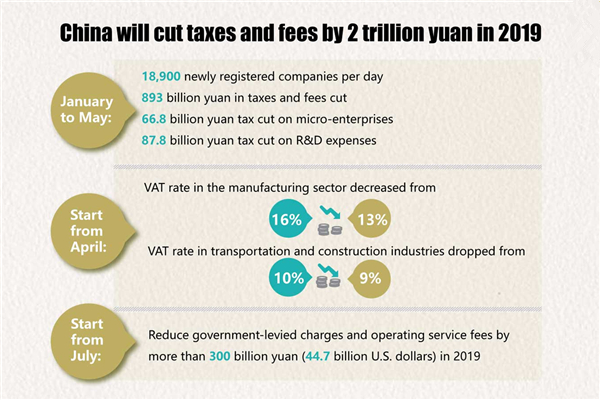Customer complaints strategies hold the power to redefine a business’s trajectory by turning potential pitfalls into avenues for growth. In today’s fast-paced marketplace, complaints can provide invaluable insights that, when leveraged correctly, lead to innovation and improved customer relations. CEOs across various industries are embracing these complaints, viewing them not merely as customer feedback but as tools for business growth from complaints. By implementing effective customer feedback management practices, organizations can cultivate a culture that values transparency and responsiveness, ultimately enhancing customer loyalty. In doing so, businesses not only resolve issues but also create a sustainable path to success, turning complaints into wins.
When it comes to handling customer dissatisfaction, strategic approaches can make all the difference. Business leaders are increasingly recognizing the importance of addressing grievances as critical components of customer experience management. Instead of viewing feedback as burdensome, they are learning to leverage it for enhanced service delivery and product development. Concepts such as turning complaints into actionable insights and fostering open communication channels can lead to stronger relationships with clients. This paradigm shift in perspective is essential for organizations seeking to drive lasting change and innovation through customer input.
Turning Complaints into Wins: Strategies for Success
Customer complaints, often seen as a nuisance, can also be harnessed as a pivotal strategy for business success. CEOs like Konstantin Klyagin of Redwerk epitomize this mindset by transforming complaints into actionable insights; he emphasizes that recurring grievances illuminate underlying issues in products or services. This strategy not only resolves immediate customer dissatisfaction but also drives long-term improvements across the organization, showcasing how companies can turn complaints into a pathway for innovation.
Moreover, the proactive approach depicted by Pamela Jabbour, CEO of Total Image Group, illustrates that embracing complaints can elevate a brand’s reputation. Rather than cringing at negative feedback, she sees it as invaluable feedback, referring to complaints as ‘nuggets of gold.’ This optimistic perspective encourages teams to revolutionize their offerings based on direct customer insights, essentially enabling businesses to establish a dynamic relationship where complaints foster growth instead of hinder it.
Customer Feedback Management: The Key to Improvement
Effective customer feedback management is crucial for any business aiming to thrive in today’s competitive landscape. By systematically collecting and analyzing feedback, CEOs can identify patterns and trends that would otherwise go unnoticed. Tristan Wright, for instance, underscores that continuous feedback allows companies to create targeted improvements that directly address customer needs. This proactive stance not only enhances customer satisfaction but also aligns product offerings with market expectations.
Strategically managing customer feedback also positions a business as a customer-centric organization. Aprille Lim, Founder of Seaquatix, exemplifies this by stressing the importance of customer input in shaping product innovation. By incorporating complaints and suggestions into the design process, businesses can effectively meet customer demands and anticipate market trends, thereby not only resolving issues but also taking a significant step toward sustained growth.
Building Stronger Customer Relationships Through Complaint Resolution
Establishing strong relationships with customers is essential for retaining loyalty, and addressing complaints effectively plays a pivotal role in this process. Klyagin’s approach of empathizing with customers showcases how businesses can turn a negative experience into a trust-building opportunity. By actively engaging with customers and demonstrating that their feedback leads to tangible improvements, companies can foster a loyal customer base that feels valued and appreciated.
In addition to empathy, prompt complaint resolution can financially benefit an organization. As highlighted by Trena Blair, swift responses to customer issues can significantly increase future spending. The ability to resolve complaints within moments not only retains customer trust but also enhances revenue potential, making it clear that investing in customer service is not just good practice—it’s essential to sustainable business growth.
Harnessing Innovation from Customer Complaints
Innovation derived from customer feedback can be a game-changer for businesses. As Aprille Lim points out, complaints serve as a crucial source of inspiration for product development, allowing companies to adapt and innovate based on real user experiences. When organizations view complaints as feedback rather than criticism, they unlock opportunities for significant enhancements, redefining their offerings to better serve customer needs.
Moreover, viewing customer complaints as innovation opportunities helps create a responsive organizational culture. CEOs who actively promote this mindset create environments where employees are encouraged to listen and react to feedback. This cultural shift not only cultivates a more agile business model but also drives competitive advantage as companies continuously evolve in response to customer desires and market trends.
The Role of Leadership in Transforming Complaints into Opportunities
Effective leadership is vital in transforming customer complaints into organizational opportunities. CEOs who champion a culture of openness and responsiveness are better positioned to leverage feedback for growth. By framing complaints as opportunities for development, leaders inspire their teams to embrace challenges rather than shy away from them, leading to continuous improvement and innovation.
Furthermore, visionary leaders exemplify a willingness to learn from customer experiences. By taking a hands-on approach to analyzing feedback, CEOs can enact changes that resonate deeply with both employees and customers alike. This level of engagement fosters a culture of accountability and inspires a proactive attitude towards complaint management, highlighting the direct link between strong leadership and business success.
Understanding Systematic Problems Through Complaints
Customer complaints often reveal systematic issues that may be detrimental to business performance. CEOs like Konstantin Klyagin recognize that consistent complaints about a specific product or service point to deeper operational flaws. By conducting thorough analyses of recurring feedback, businesses can implement corrective measures that enhance efficiency and improve overall customer satisfaction.
Identifying and addressing systemic problems is not just about resolving immediate complaints; it’s about creating a sustainable operational framework that mitigates future issues. This analytical approach transforms complaints into key diagnostic tools, encouraging organizations to refine processes and exceed customer expectations consistently. By prioritizing feedback, businesses can proactively address issues before they escalate, demonstrating the value of investing time in understanding customer concerns.
The Competitive Advantage of Effective Complaint Management
Businesses that excel in complaint management often gain a significant competitive edge in their respective industries. By actively listening to customer feedback, organizations can differentiate themselves from competitors who may overlook the value of complaints. This strategic advantage allows companies to not only attract new customers but also retain existing ones, creating a loyal customer base that is less likely to fall prey to competitors.
Moreover, effective complaint management fosters brand loyalty; customers prefer businesses that respond well to their grievances. Trena Blair’s assertion that rapid resolution leads to increased spending highlights this relationship, revealing that how a company handles complaints can directly influence its long-term success. By establishing a reputation for excellent service recovery, companies can strengthen their brand presence in the market.
The Financial Implications of Listening to Customers
The financial implications of addressing customer complaints cannot be overstated. As organizations recognize the need to resolve customer issues promptly, they not only enhance customer satisfaction but also improve their bottom lines. CEOs like Trena Blair emphasize that quick resolutions not only reduce the likelihood of customer defection but also encourage repeat purchases, directly impacting revenue growth. This cycle of addressing complaints and fostering customer loyalty creates a robust financial foundation for future business expansion.
Moreover, leveraging customer complaints as a learning tool can lead to significant cost savings. By resolving systemic issues highlighted by feedback, companies can improve operational efficiency and reduce waste. This, in turn, enhances profitability and paves the way for investment in further innovations. A business that views complaints through a financial lens acknowledges that managing feedback well is not just about customer satisfaction; it is a strategic element of financial success.
Creating a Culture of Continuous Improvement
Developing a culture of continuous improvement is essential for organizations aiming to harness the potential of customer complaints. Visionary CEOs advocate for environments where feedback is actively encouraged, and employees are empowered to act on customer insights. This commitment to improvement not only enhances operational capabilities but also fosters a sense of ownership among employees, motivating them to strive towards excellence.
Building such a culture requires ongoing investment in training and resources, allowing teams to analyze and respond effectively to customer feedback. By instituting regular reviews of complaint data and fostering collaborative discussions on how to address issues, organizations can ensure a persistent focus on innovation and improvement. This holistic approach positions companies not only to respond to complaints as they arise but also to anticipate and mitigate potential issues before they affect customers.
Frequently Asked Questions
How can turning complaints into wins enhance customer feedback management?
Turning complaints into wins allows businesses to manage customer feedback more effectively by treating negative experiences as opportunities for improvement. This proactive approach fosters a culture of listening, enabling companies to identify recurring issues and systematically address them, ultimately leading to improved customer satisfaction and loyalty.
What are some CEO strategies for leveraging customer complaints to drive business growth?
CEOs can implement strategies like analyzing patterns in complaints to identify systemic issues, proactively addressing customer feedback, and empathizing with dissatisfied clients. By reframing complaints as valuable insights, leaders can not only resolve current issues but also spark innovation that drives business growth.
How can customer complaints lead to innovation from customer feedback?
Customer complaints can serve as a rich source of ideas for innovation. By closely examining the feedback received, businesses can identify specific pain points that lead to the development of new products or improvements in existing services. This iterative process ensures that products evolve in alignment with customer needs.
Why is it important for businesses to view customer complaints as a roadmap for improvement?
Viewing customer complaints as a roadmap for improvement allows businesses to address underlying issues effectively. By treating complaints as diagnostic tools, companies can pinpoint areas needing intervention, leading to operational enhancements and increased customer satisfaction.
How can businesses strengthen relationships with customers through complaint management?
Businesses can strengthen relationships with customers by addressing their complaints promptly and transparently. Communicating the actions taken in response to feedback shows customers that their concerns are valued, fostering loyalty and trust.
What financial benefits can arise from efficient customer feedback management relating to complaints?
Efficient customer feedback management can lead to financial benefits by retaining customers through swift resolution of complaints. Research shows that promptly addressing grievances increases customer willingness to spend, which can significantly enhance revenue.
In what ways can CEOs utilize customer complaints to foster operational excellence?
CEOs can utilize customer complaints to foster operational excellence by analyzing feedback to identify inefficiencies within processes and products. Addressing these systemic flaws not only resolves current issues but also positions the company for long-term success through continuous improvement.
What role do customer complaints play in developing a company’s competitive advantage?
Customer complaints play a crucial role in developing a company’s competitive advantage by providing insights that lead to innovation and improved service. By actively responding to and learning from complaints, businesses can differentiate themselves in a crowded market and increase customer loyalty.
How does proactive analysis of complaints drive business innovation?
Proactive analysis of complaints drives business innovation by uncovering trends and patterns that highlight customer needs. This data can inform product development and service enhancements, ensuring that offerings remain relevant and innovative in the marketplace.
How can customer feedback management turn negative experiences into positive business outcomes?
Effective customer feedback management can turn negative experiences into positive outcomes by addressing concerns promptly, showing appreciation for feedback, and implementing changes based on customer input. This approach not only resolves issues but can also transform dissatisfied customers into loyal advocates.
| Key Points | CEO Insights |
|---|---|
| Reframing Complaints | CEOs view complaints as opportunities for growth, essential for identifying weaknesses in products and services. |
| Building Relationships | Handling complaints with empathy can transform customers into loyal advocates. |
| Innovative Solutions | Customer feedback drives innovation, leading to product development and improvement efforts. |
Summary
Customer complaints strategies are crucial for transforming negative feedback into opportunities for growth and innovation. By adopting a proactive approach to complaints, CEOs can identify systematic issues, strengthen customer relationships, and spark innovative solutions. This strategic outlook not only enhances customer satisfaction but also drives business success in a competitive market.



